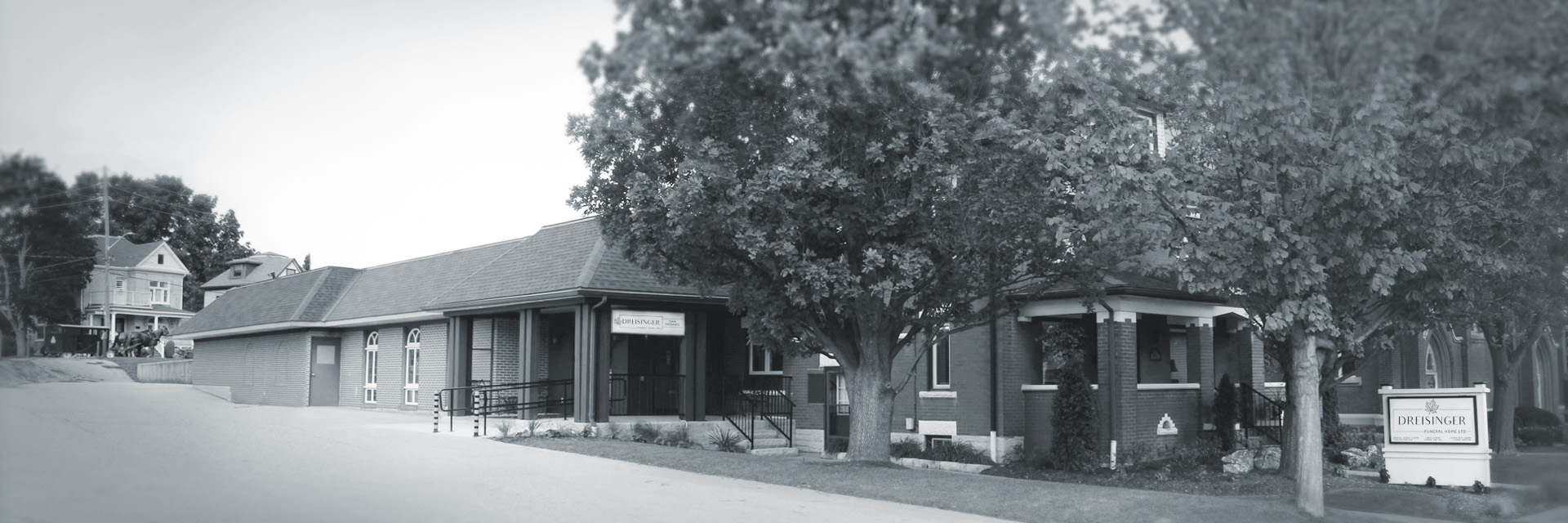Legal Advice
After a death, there are many legal details to hammer out. While it is not necessary to get a lawyer, it is strongly recommended. A lawyer will make sure all the ‘t’s are crossed and i’s are dotted”. The time following a death of a loved one is extremely emotional, and even the closest family will have disagreements over the most trivial matters. To make sure there is still peace in the family, it is a good idea to let a lawyer figure things out.
Before getting in touch with a lawyer there are several important documents that you need to gather. Those include:
- Wills
- Deeds
- Bank Statements
- Insurance Policies
- Vehicle and Boat titles
- Tax Documents
Bank Accounts
What is to be done with bank accounts after a death varies regionally. In some regions, bank accounts are automatically frozen after a death. To avoid any complications, the bank should be notified immediately, and you should find out the procedures for releasing these funds, and how to set up a new account for funds received after the death. It’s recommended that a joint account stay open for at least six months to allow you to deposit any cheques that are made out to the deceased. To take a name off a joint bank account, banks require a Certified Copy of a Death Certificate. If the deceased had a safety deposit box in a bank, the contents can be sealed after death and a Certified Copy of a Death Certificate will be required to gain access to the contents.
Death Certificates
A Certified Death Certificate is necessary before anything can be done. A death certificate can be obtained through a Funeral Director. It is a good idea to obtain multiple copies of a death certificate as most agencies require a certified certificate and not a photocopy.
Wills
Everyone knows they should have a will, but the vast majority – about 70% of us – do not. Writing a will is easy and inexpensive, and once you are done you can rest easy knowing your hard earned money and property will be distributed according to your wishes. As well, if you have children, you can leave instructions on who will be left in charge of them if you pass, leaving that decision out of the courts hands. Making a will is easy, you just need to be at least 18 years of age and must be of sound mind when the will is written. To make a will legal it must:
- Expressly state that it is your will
- Be computer generated or typewritten
- Be signed and dated
- Be signed by 2-3 witnesses, these witnesses must be people who don’t stand to inherit anything in the will
Although you do not need a lawyer to complete a will, it is recommended to do one with a lawyer, as it will avoid any legal headaches after your passing. Once your will is complete, it’s recommended that it is kept somewhere safe and secure outside of your home. If you do your will through a lawyer, most law firms will store it for you free of charge. Many people keep their wills in a safety deposit box at a bank, but this is not recommended as the contents could be sealed at the time of death. The executor of your will should be aware of the location of it.
Probate
Probate is the legal process that transfers the legal title of property from the estate of the deceased to their beneficiaries. During the probate process the executor of your will goes before the courts and identifies and catalogs all the property you owned, appraises the property, and pays all debts and taxes, proves that the will is valid and legal, and distributes the property according to the instructions of the will. Probate can be a long, drawn-out legal process, and there are some probate-avoidance plans in place. Simply speak to your attorney to find out what you can do to avoid probate in your area.
Executors
An executor is the personal representative of your estate. They are the person in charge of taking control of your assets, paying off any debts, and distributing assets to your beneficiaries per the terms and conditions of your will. You can choose anyone to be the executor of your will, but it is a good idea to choose someone who is both competent and trustworthy. The person you choose to be executor should be outlined in your will. Someone you appoint to be the executor of your will has the right to refuse, so you should have a backup executor in place just in case.




